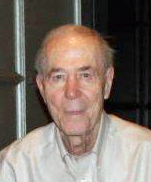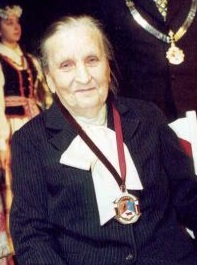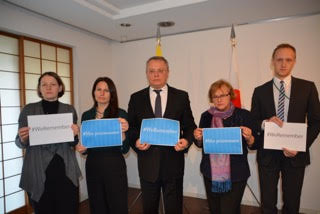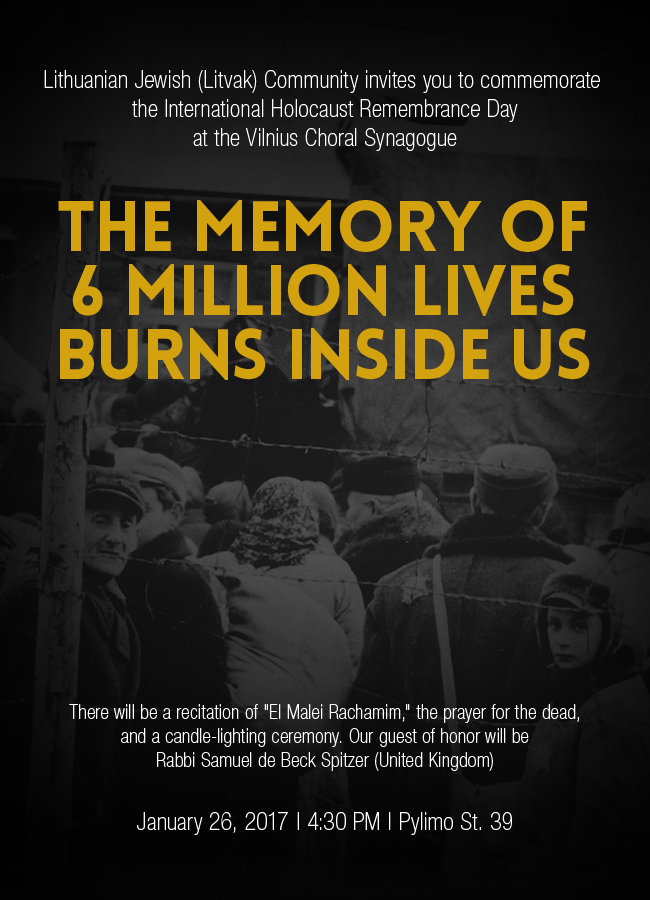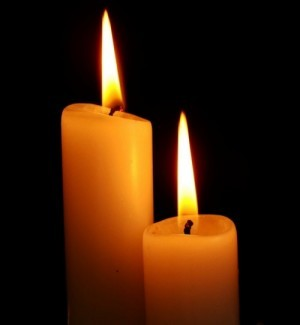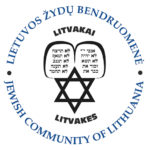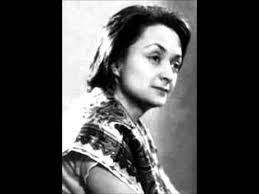
The Lithuanian Jewish Community is sad to announce the death of Nechama Lifšicaitė (Nekhama Lifshits, נחמה ליפשיץ) and we send our condolences to her daughter Roza. The older Litvak generation remembers well Nechama’s enchanting voice and her lyrical-coloratura soprano song. As we express our condolences, we say: let the ground be soft for her, and recordings of her songs will remind us all of the wonderful songstress and her interesting personality for a very long time to come.
Nechama was born in Kaunas in 1927 and grew up in a traditional Jewish family. She attended a Jewish school where her father Yehuda Tzvi was principal from 1921 to 1928. He later became a doctor. During World War II Nechama and her family found shelter in the Soviet Union and lived in Uzbekistan. They returned to Kaunas after the war. From 1946 to 1951 she studied at and was graduated from the Vilnius Music Conservatory. She performed concerts of her songs in Yiddish beginning in 1956. According to Solomon Atamuk, “Both in Lithuania and throughout the [Soviet] Union, Lifšicaitė provided refreshing national and spiritual sustenance to the Jews thirsting for their culture. Nechama’s songs expressed the deepest experiences and aspirations of the Jews of the Soviet Union; they were moving and spiritualizing.”
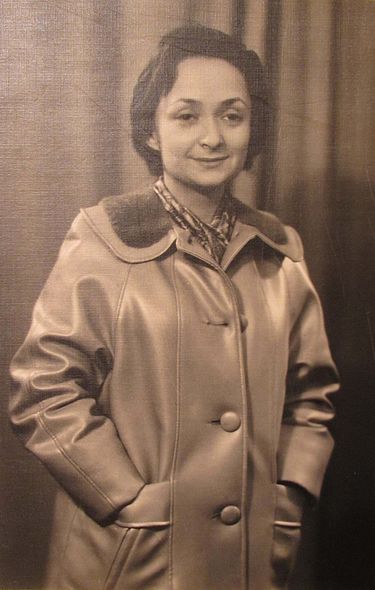
Overcoming limitations on doing her repertoire was not a simple matter during the Soviet era, but Nechama Lifšicaitė was able to turn her concert tour across many Soviet cities into a wake-up call for cultural and ethnic identity. Despite the negative view taken by government agencies towards the ethno-cultural activities in which Nechama Lifšicaitė was engaged, she was recognized in 1958 for her exceptional artistic expression and vocal abilities with first prize in the Soviet music maestro competition, and was granted permission to tour abroad. She performed in Austria, Belgium and France. Her songs were released on two records in 1960 and 1961, which were reissued several times in later years.
Nechama Lifšicaitė and her family made aliyah to Israel in 1969 where two more records of her songs were released that same year. She performed in cities and villages, on the radio and on television. Her appearances were great successes. In the period from 1969 to 1972 she did concert tours of the United Kingdom, Canada, the USA, Mexico, Venezuela, Brasil and Australia. In 1976, without retiring from her musical career, she completed library science studies at Bar-Ilan University and became director of the historical archive of the Tel Aviv Municipal Music Library.



